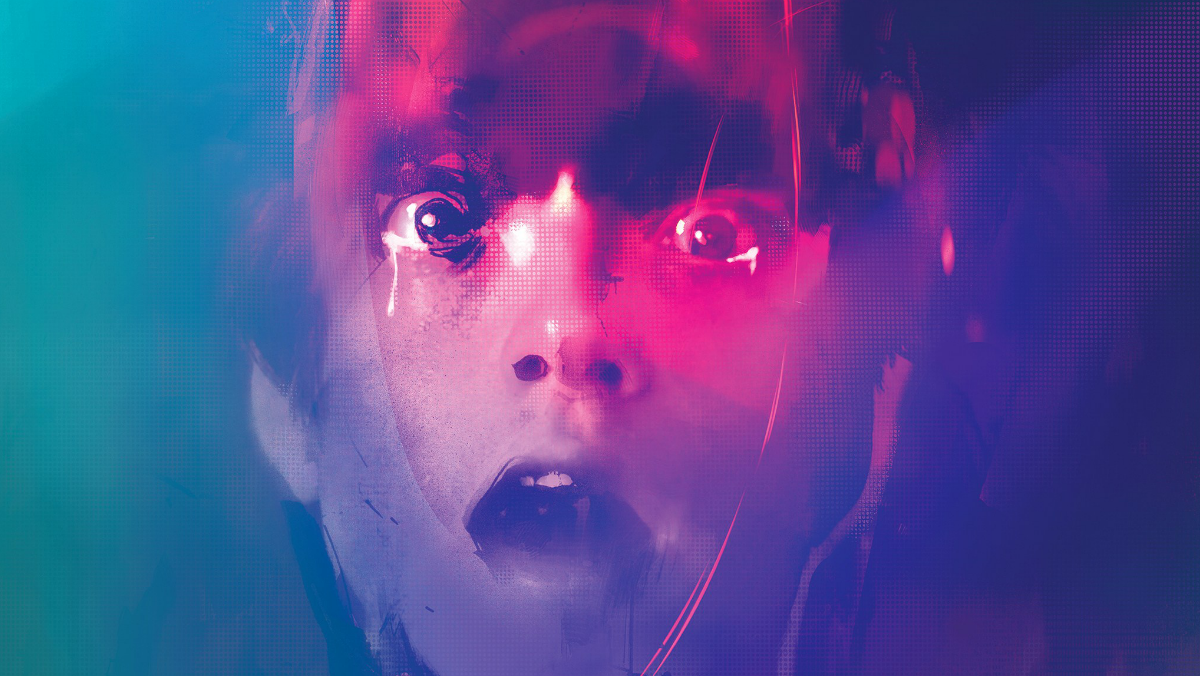Archenemy
by Hope Madden
In a seedy underworld ripe for the comic book taking, a teen crime journalist named Hamster just wants a shot to tell the real stories of these streets. He stumbles across a homeless man who claims to be a hero from another dimension. The thing is, Hamster believes him.
Hokey, right? It is, but co-writer/director Adam Egypt Mortimer hits an interesting tone with Archenemy. He creates the space needed to develop some ideas before logic and cynicism close them down.
Mortimer combines animation with live action, sometimes bleeding whispery voiceover into the mix to heighten the sense that nothing is as it seems. Is Max Fist (that is a name!) really from a parallel dimension, or is he an alcoholic schizophrenic homeless guy living under the bridge?
Mortimer mainly works from young Hamster’s point of view, occasionally veering into Max’s. By limiting the logic of the tale to the perspective of either a naïve optimist or the likely victim of mental illness and addiction, the filmmaker ensures that you’re never truly able to differentiate reality from unreality.
It’s a tough tone to maintain, but Mortimer manages, thanks in large part to the commitment of his lead. As Max Fist (seriously, that name!), Joe Manganiello carries Archenemy on his shoulders. The performance is simultaneously lucid and muddled, with a physical edge that makes the character feel like a threat even at his most vulnerable.
Around him, characters are sometimes cartoonish (Glenn Howerton as The Manager or Paul Scheer as Kreig), but Manganiello keeps the film from dipping into camp with a turn that’s gritty and believable.
Skylan Brooks does a fine job of elevating the least realistic role—a character that benefits from endless contrivances. The writing around Hamster is easily the weakest part of the film, but Brooks does what he can to keep you engaged.
As Hamster’s sister Indigo, Zolee Griggs walks an interesting line as well, the good guy and bad guy in the same breath. It’s an understated performance that impresses. And Amy Seimetz—always a welcome sight—delivers a resigned villainy that perfectly suits the picture.
Archenemy has plenty of faults, but more than enough inspiration and grit to make you want to overlook them.


